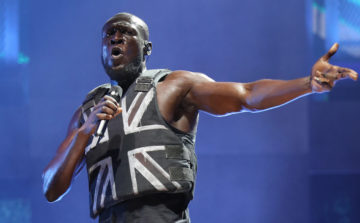Colln Grant in Prospect Magazine:

Do you know any aggressive black men? How about angry black women? Perhaps you’d rather not say. One of my bosses at the BBC once accused me of being “aggressive.” Summoned by a senior manager to answer the charge, I rejected it tersely (but not aggressively). “I’m not having that,” I said. “Just because I’m tall and black. That’s a word that’s been used to describe people like me for decades. If I was white and Oxbridge-educated like my colleagues, you’d say I was assertive.” I told him that I’d accept assertive. But aggressive? No. The manager was stony-faced. The subsequent “trial” into my “aggression” went on for six months. Numerous colleagues I’d worked with at the BBC for the previous two years were solicited for their opinion.
If Jeffrey Boakye’s Black, Listed had been around at the time, I would have handed it to my BBC managers as required reading. Boakye’s book investigates 60 words that have been used to describe black men and women; they are divided into eight categories ranging from “Loaded terms: Blackness in the white gaze” (subcategories include “Chocolate,” “Lunchbox” and “Suspect”), to “Outlaw accolades: The black masculinity trap” (riffing on terms such as “Gangsta,” “Rudegyal” and “Roadman”). At his best, Boakye is beguiling and witty, but still a somewhat cautious navigator of this field. He’s entered the kind of vexing racial landscape that readers might recognise from the work of the African-American novelist Paul Beatty, who won the 2016 Booker Prize for The Sellout, a fierce satire lampooning blacks and whites.
More here. (Note: At least one post throughout the month of February will be devoted to Black History Month. The theme for 2022 is Black Health and Wellness)
